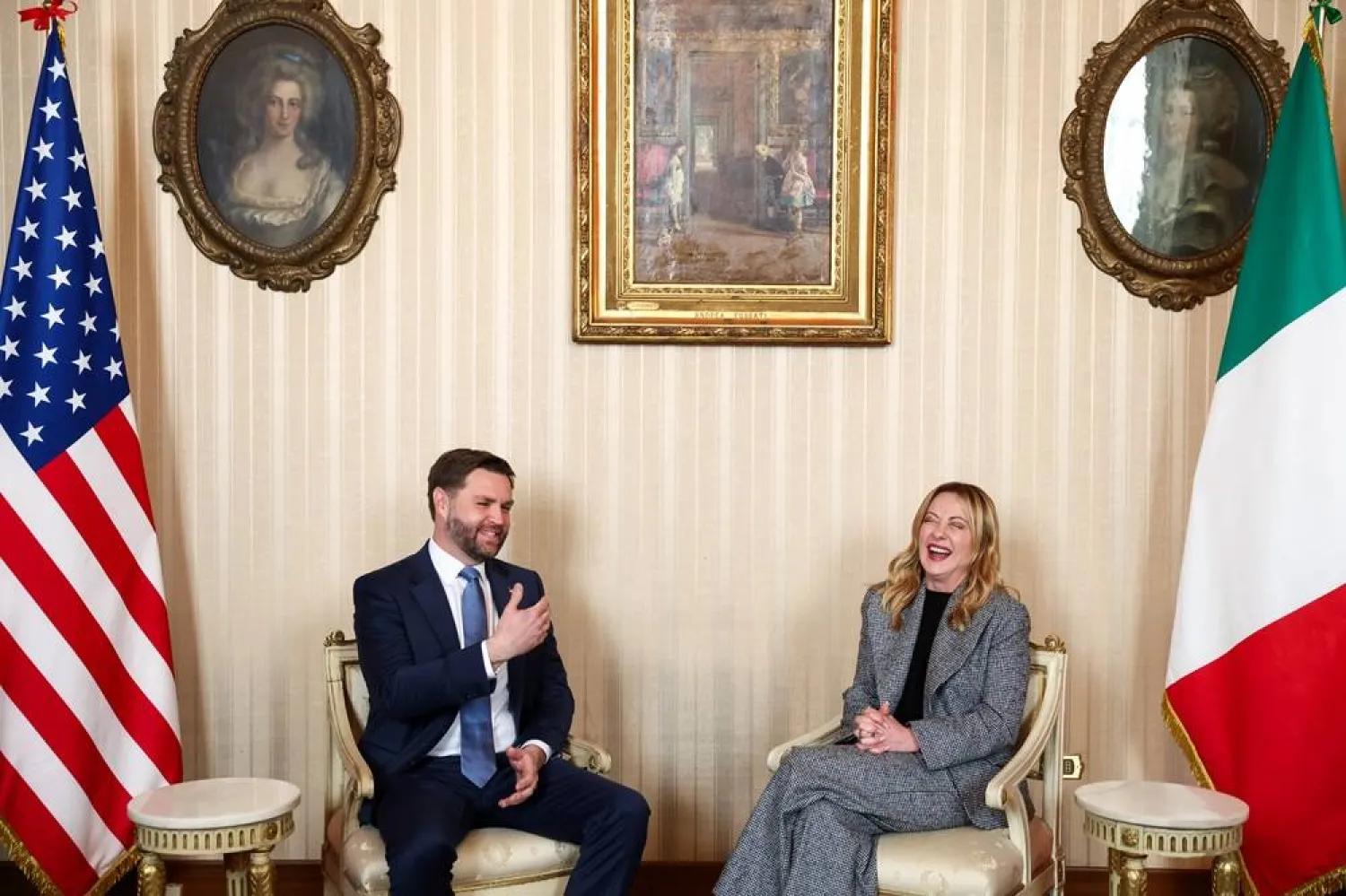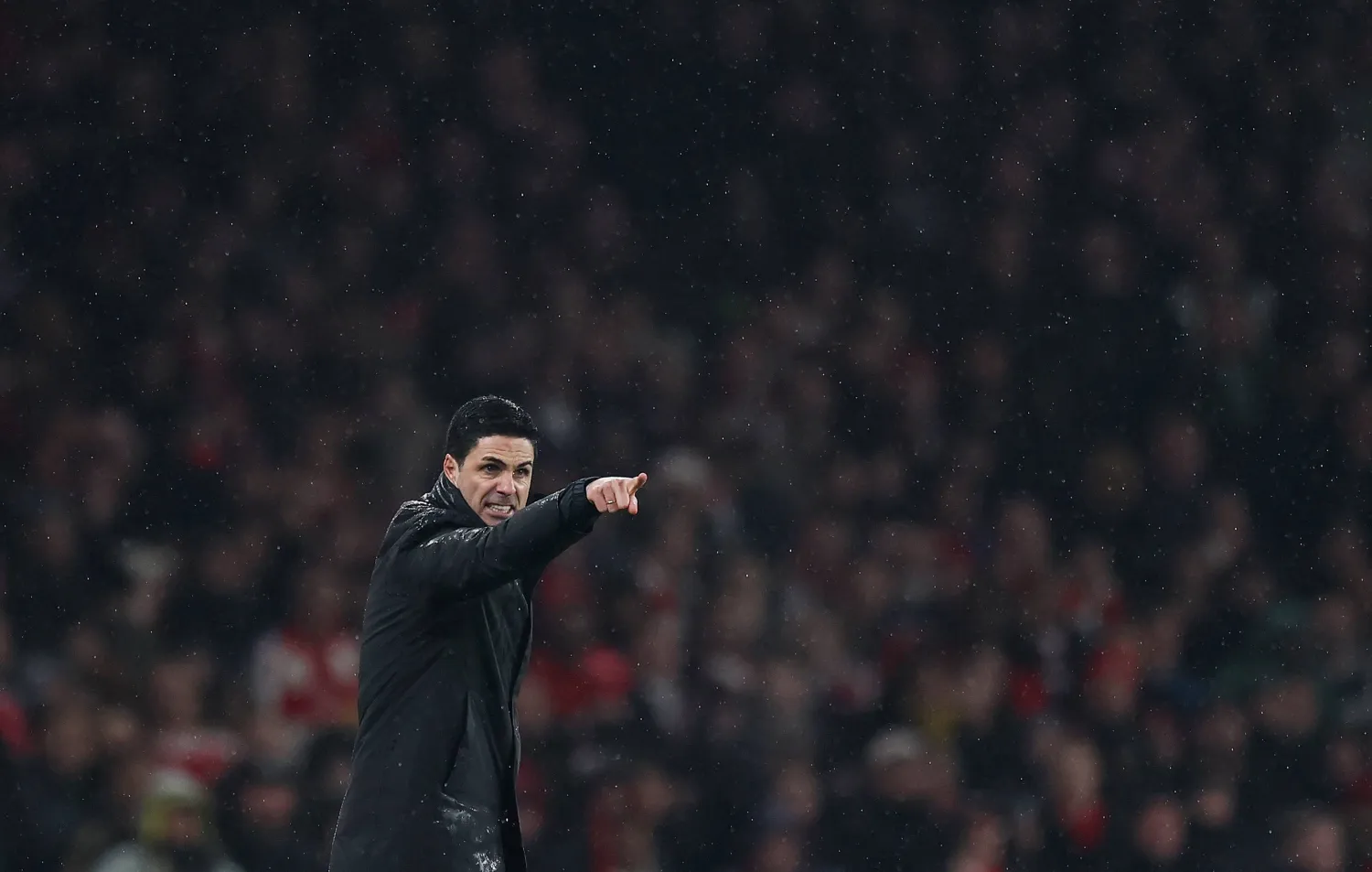“If there’s real empathy, real honesty and authenticity, you can achieve change,” Michael Johnson says. “It would be great for football to really be a beacon but it’s going to be an interesting year to see how the clubs, the decision-makers – which at the minute do not look like me – get a grasp on this. Will they be really honest in their approach to making change? Because we’re watching. Football is watching. And we want to see change.”
Johnson, the former Birmingham and Derby defender, is talking about the FA’s new Leadership Diversity Code. He is a living example of why it was considered necessary: one of the leading black coaches in England, he is 47 and has never had a permanent leadership role in club football.
It was only after being rejected in 42 applications that Johnson first became a manager, with the Guyana national team. He is now a coach with the England Under-21 side. He has never stopped trying to advance, anxious to beat what he calls a blockage in the game.
Johnson played a part in devising the code, which launched last month. He sat on two advisory panels – one looking specifically at the role of coaches, the other with governance more broadly. He talks of his excitement that clubs and organizations have got behind the code and its targets but ask him his thoughts, and those of his peers, on this moment and the answer is not straightforward.
“It’s mixed,” he says. “There’s an excitement that it’s been accepted by the game and full props to Paul Elliott for really driving it and the FA for getting behind it. But we’ve had so many discussions, so many reports, schemes, commissions.
“We’ve seen so many over the years that we’re now at the point where, whilst it’s great, we want to know what the end looks like.
“Will football embrace it and really have a drive and get people through the door? That’s the next piece of work regarding it, will it really make the change that everybody, not just black [people] but everyone in the game and wider afield want to see: equality.”
With a series of targets designed to diversify senior personnel on and off the pitch, the code is intended to help football better reflect those who are part of it. At the risk of repeating a statistic as well-worn as it is shocking: a third of professional footballers are black, Asian or of mixed ethnicity, but there are five black managers in the game and equally few executives.
“We shouldn’t be sat here in 2020 talking about it,” Johnson says. “It shouldn’t be that way. The endgame, for me, is the best people getting through the doors for interviews, the best people getting roles. Hopefully not too far into the future we’ll see the best people are getting the opportunity to work. Then you can dismiss the code because it’s such a diverse landscape. At the minute, it’s not. You just have to look at the facts.”
Johnson believes if the code is a success it will have to go further – extending the reach of targets to include disabled people, for example – but that greater diversity will prove its value if given a chance. “Diversity opens up discussions,” he says. “It creates more debates and that ends up in better decisions.”
With several of his fellow former professionals – a group who got to know each other doing Uefa coaching masters and includes Emile Heskey and Gaizka Mendieta – Johnson is now involved in Player 4 Player, which offers advice to players approaching retirement.
This is all on top of the coaching and is tribute to Johnson’s perseverance. But that doesn’t mean he is not tired. Getting black people and other ethnic minorities a foot in the door of the game to which they contribute so much, is just the start. It’s a long way from there to being free to be yourself.
“You want to be authentic but I can guarantee you that in almost every room I go to, I will be the only black person in that room,” he says. “Which leaves me in a position where I have to break down those barriers to make people feel comfortable about me. Because there’s not enough of me in boardrooms.
“Sometimes, after doing that for a period of years and you don’t get anywhere, you’re just tired of trying to play a role. Sometimes you just want to be you. And the real you is the best version that anyone can have.”
The Guardian Sport









